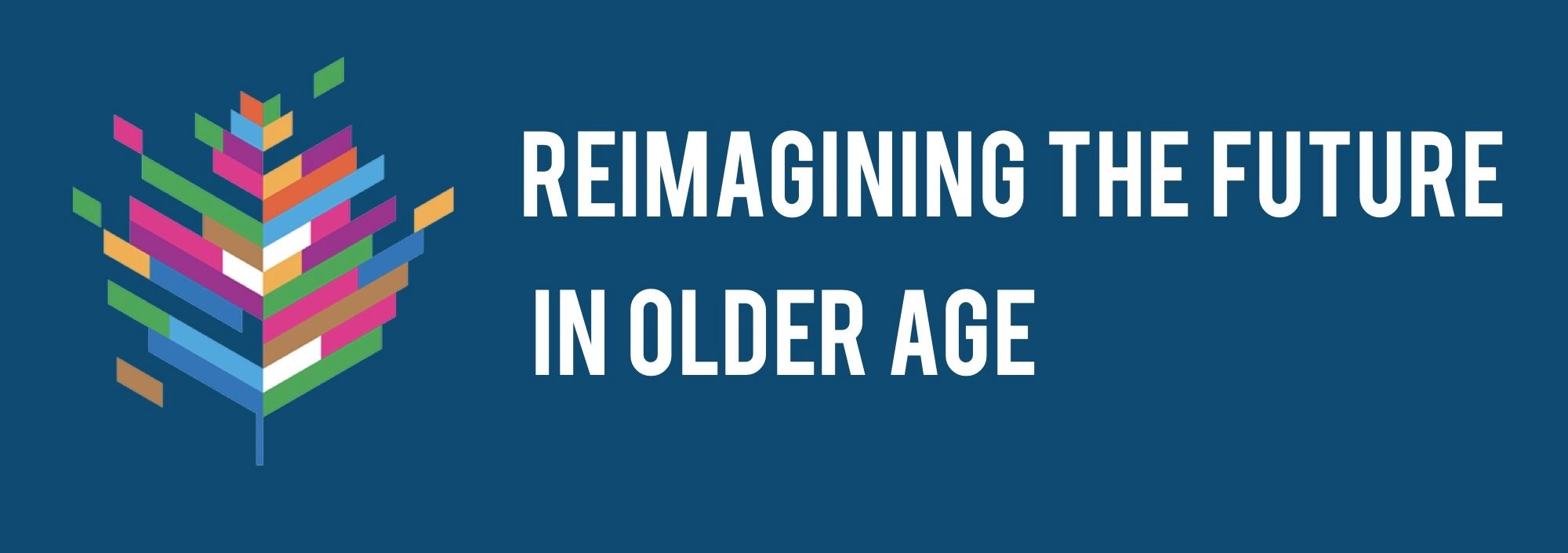This is not the introductory blog post we had planned to write. It’s not the blog post we would have written in January, when the project started, or what we would have written last month, last week, or even yesterday. COVID-19 has intruded into every aspect of our lives and we find ourselves striving to understand what it means for our research, while simultaneously worrying about loved ones and adjusting to new routines and everyday practices.
Our project is about the relationship between age and time; specifically older age and future time. It was born from previous research into place making in older people’s residential homes. This identified that while making future plans is important to developing a sense of home and belonging, this is under-acknowledged by literature that assumes older residents look to recreate or ‘transfer’ past ideas of home into a new setting.
The idea of the future as being irrelevant to people who are designated as ‘old’ is pervasive. During the EU referendum older Leave voters were accused of ‘stealing the futures’ of younger remain voters. ‘OK boomer’ memes reinforce ageist stereotypes that older people are out of touch with the present day and belong in the past. The COVID-19 pandemic has prompted staggeringly callous commentary, with one journalist in The Daily Telegraph writing, “Not to put too fine a point on it, from an entirely disinterested economic perspective, the COVID-19 might even prove mildly beneficial in the long term by disproportionately culling elderly dependents.” In the United States, Texas Lieutenant Governor Dan Patrick suggests that the lives of older people are not as important as the economy. When family members are restricted to comforting their dying loved ones via videolink, ageist, hate-filled comments such as these whip up unhelpful rhetoric around intergenerational divisions.
In this project we will explore the potential for utopian thinking and arts-based methods to reimagine the future in older age and to identify opportunities for intergenerational solidarity and reciprocity. The need for this is greater than ever before. The global pandemic we are currently experiencing, together with the climate crisis, threaten all of our futures, regardless of age.
*** Please note the research team will not automatically include posts on this website for analysis in the project data but may contact you if they would like to include your comment ***
